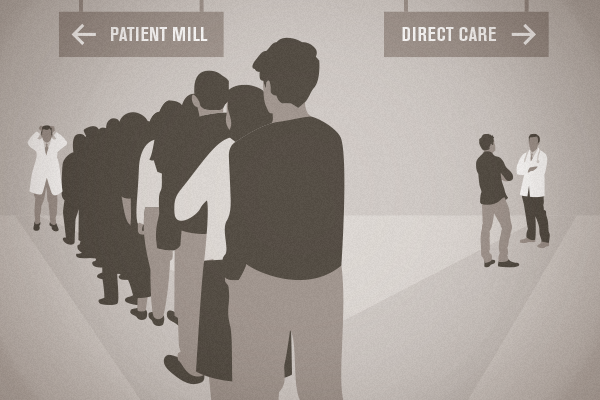David Carr is on the beat to find doctors who actually like their EMR. We’re in the process of reaching out to him since we’re excited about the new updates to our Atlas.md EMR. However, we also kind of proved his point. He interviewed a Doctor Denton, who said:
“In contrast, commercial EHR software has to be generic enough to work in many hospitals and all specialties. The result is a compromised design that doesn’t serve anyone’s needs really well.”
As a medical student interning at Intermountain Healthcare in the 1990s, Dr. Denton worked with an early electronic medical records system that was custom built for the hospital. He said it didn’t have everything you wanted, but “it worked in a way that allowed you to really do your job better.” However, he clarified, “But… they spent years and years developing it.”
It seems that the big fight in health care, in IT, in primary care, almost everywhere, is for time to make good stuff and to make stuff good. We’re fighting that fight, and here to assist any doctors who want time to practice medicine again. And we’re working on digital software that succeeds by MAKING MEDICINE MORE POSSIBLE, not by rushing to the market to collect Meaningful Use incentives.
Oh the irony, for being rewarded for mediocrity. Ayn Rand must be rolling in her grave.
READ ABOUT DAVID CARR’S SEARCH FOR SATISFACTORY EMR
